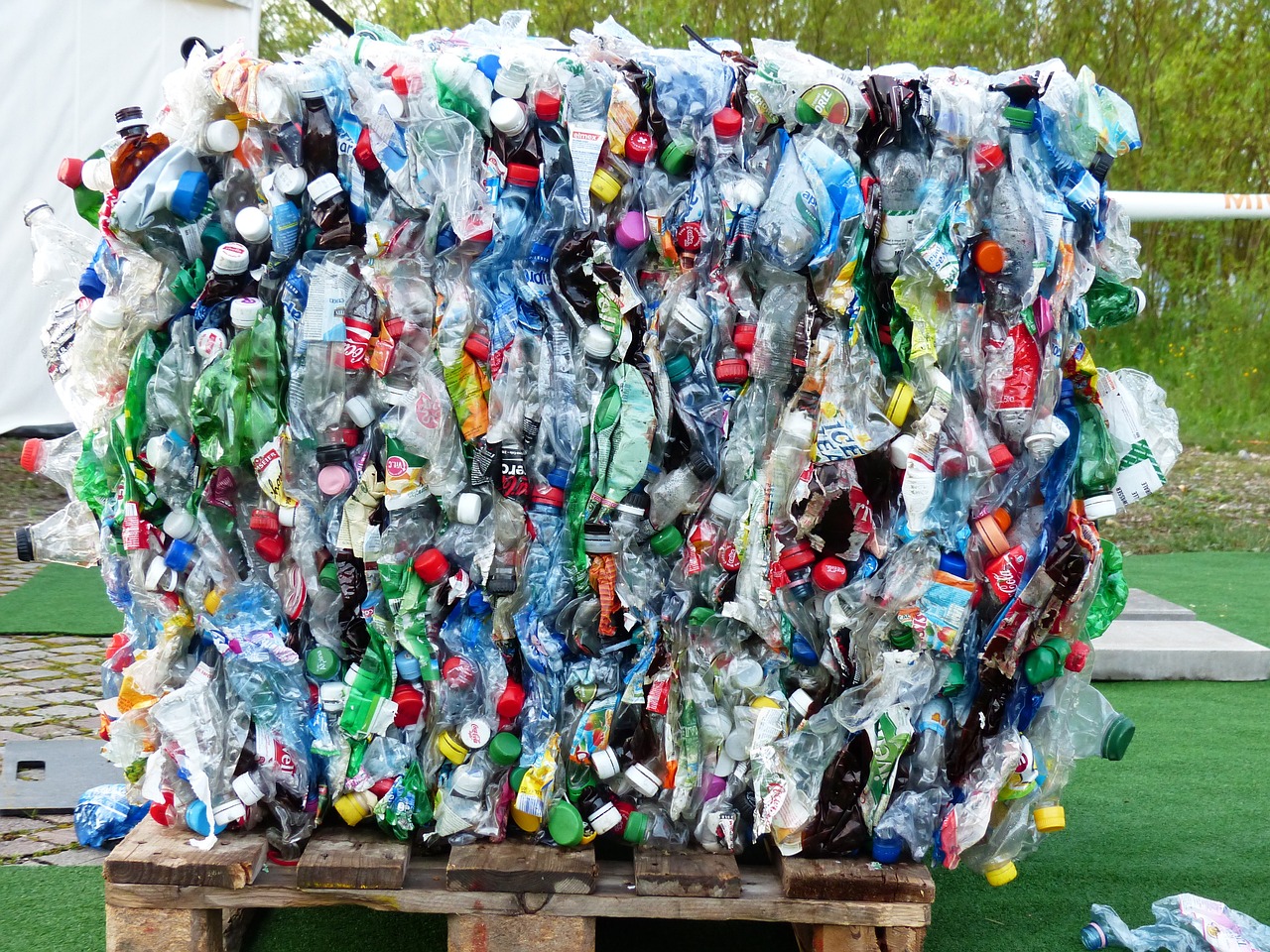How has post-consumer recycled content law developed in the United States?
by Justin Given at 14:59 in Circular Economy, Emerging, Environmental, Packaging
Post-consumer recycled (PCR) content is a term that refers to materials that have been used and then recovered from products that have been disposed of by consumers, such as plastic bottles, aluminium cans, and paper. These materials are then recycled and used to make new products. This is a topic that has been gaining significant traction in the United States over the past couple of years. Lorax EPI has previously explored this topic of PCR in the US: Post-consumer recycled content requirements in the USA: Deadlines approaching. The PCR requirements that have been introduced so far will predominantly affect plastics. These requirements have been primarily introduced through EPR bills and as of today there are currently 15 states that have introduced or proposed legislation that contains regulations for the use of recycled content.
Existing Laws
In the state of Washington recycled content regulations came into effect at the start of 2023. These regulations currently affect beverage containers which are required to have a PCR content of 15% and plastic trash bags are now required to have 10% PCR content. Washington also requires producers to register annually by the 1st of April and pay annual fees.
New Jersey also have a similar law to Washington, where producers will have to meet minimum PCR requirements as well as an annual registration and registration fee. Minimum PCR requirements for the covered products will begin in January 2024.
Californian law introduced PCR through the rigid plastic packaging container (RPPC) program. Producers of RPPC's have several options in order to comply with the states program, one of them being the inclusion of 25% of PCR content within rigid plastic containers.
In Maine, legislation passed in 2022 that has set in place requirements for PCR content within plastic beverage containers. By January 2026, plastic beverage containers must contain a minimum of 25% PCR content. Other states that have passed minimum PCR content related laws include Oregon and Wisconsin.
Proposed Laws
As previously mentioned, many of the PCR requirements that are introduced into state legislatures are proposed as a provision within an EPR bill. This is the case for several states like Tennessee for example, where a producer responsibility organisation must implement targets for producers of plastic packaging to meet minimum PCR content requirements. Other key states which have a similar proposition on PCR requirements include New York, North Carolina, and Illinois.
In Hawaii, a recycled content bill has been proposed which will require producers of beverage containers to meet an annual recycled content or a non-petroleum material content requirement. The first target for minimum PCR content is 15% by 31 December 2028, this will rise to 25% at the end of 2033.
To learn more about how the Lorax EPI team can help you, please get in contact with us today.
 Click here to receive regular updates on blog posts, webinars, and regulatory changes directly to your inbox
Click here to receive regular updates on blog posts, webinars, and regulatory changes directly to your inbox


